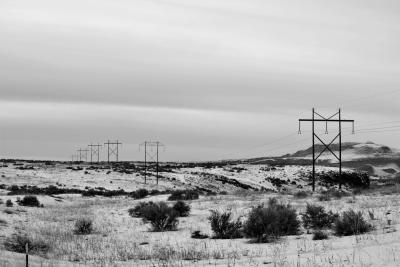Texas Grid Faces New Challenges with Heat Pump Adoption
The big challenge we address is how electrifying home heating and climate change together affect electricity demand and grid reliability in Texas. We find that using electric heat pumps, which are more efficient than traditional air conditioners, can reduce summer electricity demand. However, if low-efficiency heat pumps are widely used, they could cause higher demand during cold winter events, risking power outages. High-efficiency heat pumps help avoid these winter issues but are more costly. Our study highlights the need for careful planning to balance these risks and benefits as we move towards cleaner energy.
Our research investigates the impact of adopting electric heat pumps for home heating in Texas on electricity demand and grid reliability, particularly in the context of climate change. This study is crucial for understanding how to maintain grid stability as we transition from fossil fuels. It is among the first to examine the combined effects of heat pump adoption and climate change on electricity demand patterns. Utilizing innovative models, we predict future electricity needs and grid performance. This research aids scientists in planning for future energy requirements and could influence fields such as environmental science and urban planning.
Our study examines the dual effects of space heating electrification and climate change on the Texas electricity grid, specifically the Electric Reliability Council of Texas (ERCOT) system. As Texas moves towards decarbonization, the use of electric heat pumps (HPs) is expected to increase, potentially shifting peak electricity demand from summer to winter. This shift is further influenced by climate change, which is anticipated to heighten both summer cooling and winter heating demands due to more extreme weather events. We employ climate change projections and machine learning models to predict future electricity demand patterns and evaluate grid reliability under various scenarios.
Our findings reveal that while HPs enhance energy efficiency and reduce greenhouse gas emissions, they also pose new challenges for grid reliability. Notably, low-efficiency HPs could exacerbate winter peak demand, heightening the risk of outages. In contrast, high-efficiency HPs reduce these risks but are currently more costly. Therefore, system planners must weigh the benefits of emissions reduction against the potential for increased resource adequacy risks. This research highlights the necessity of integrated resource planning that considers both electrification and climate change impacts to maintain grid reliability amidst evolving energy demands.

